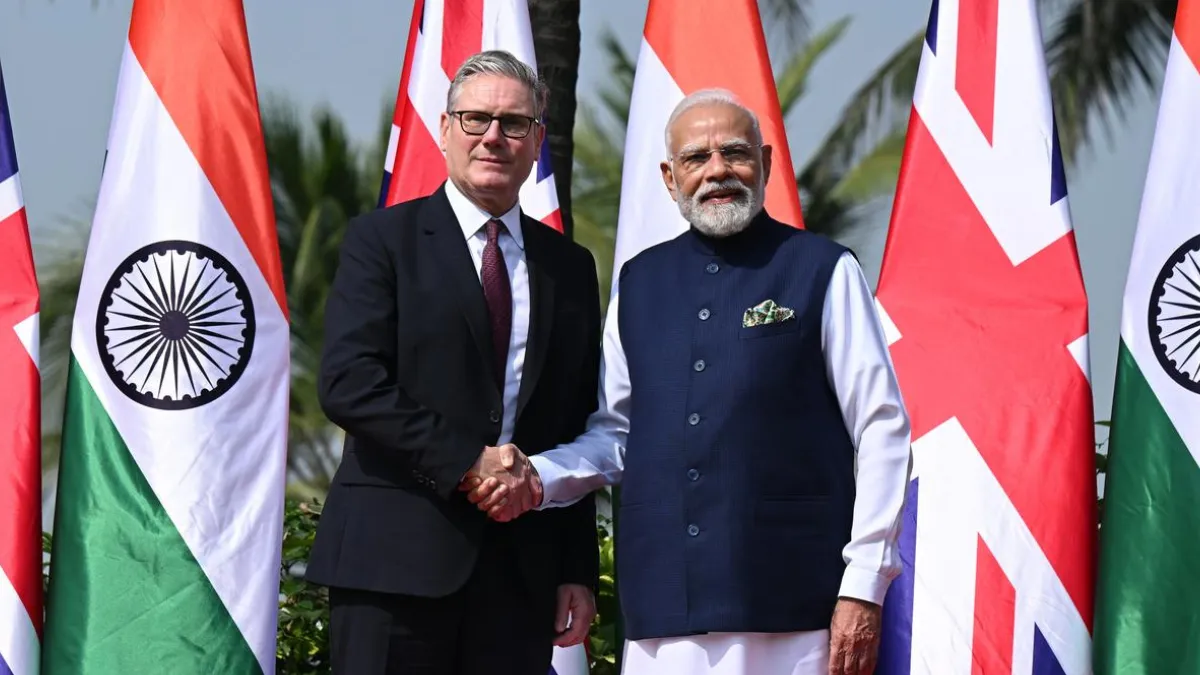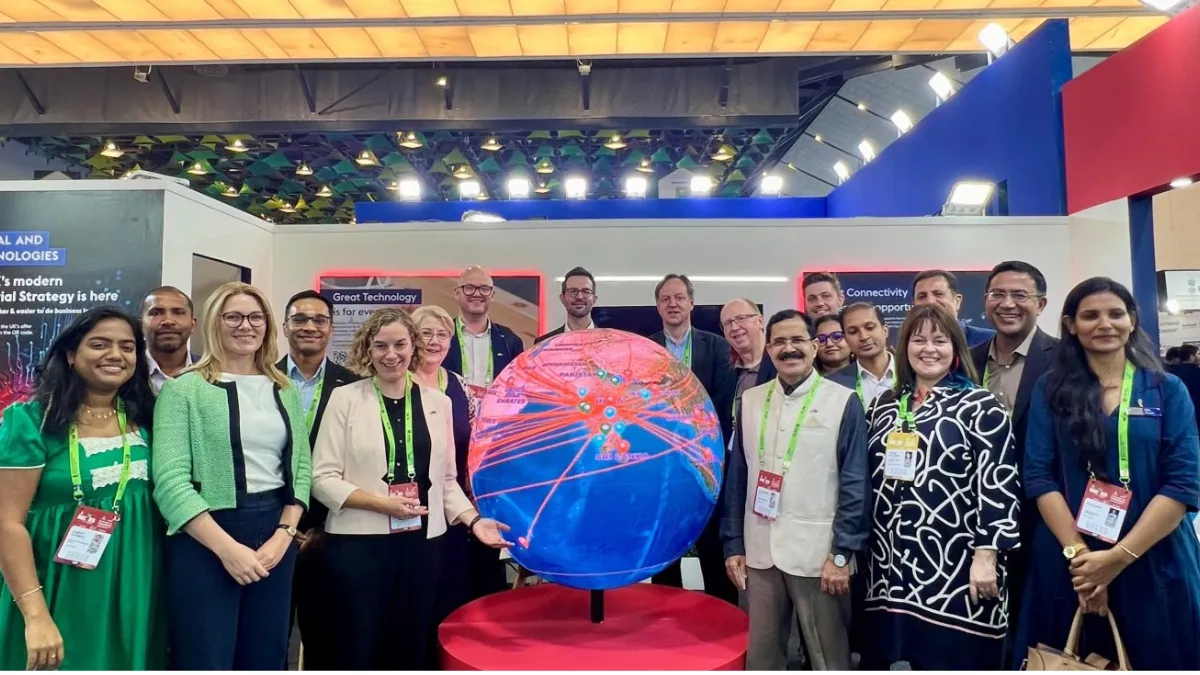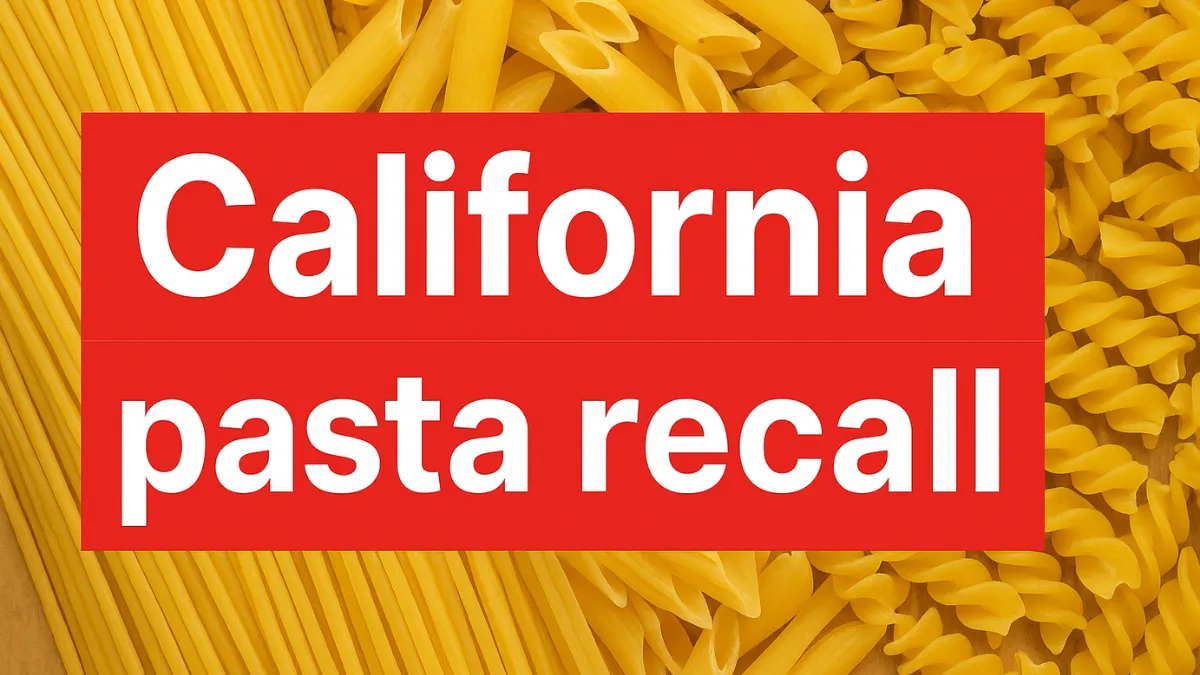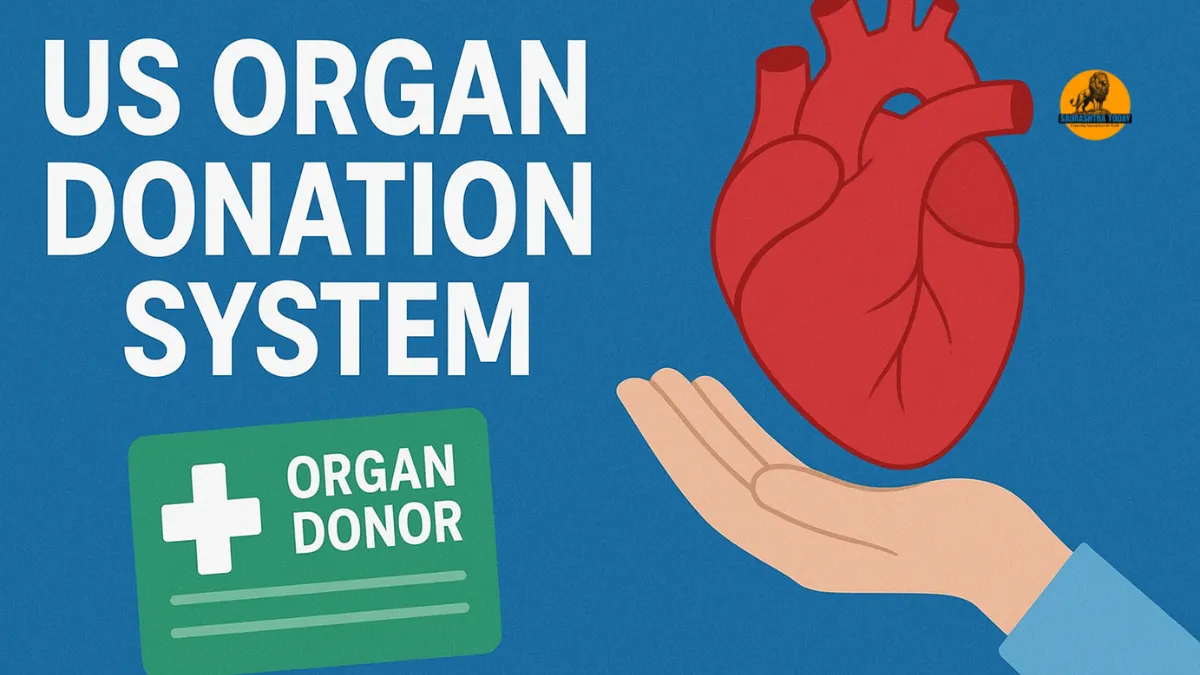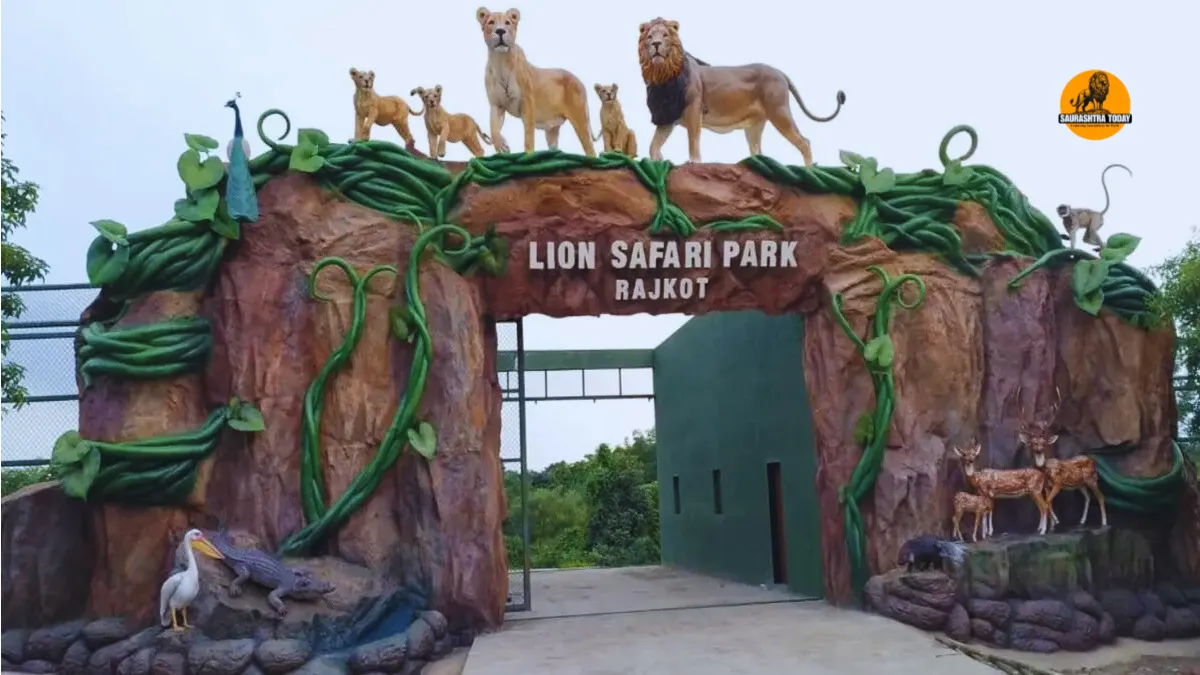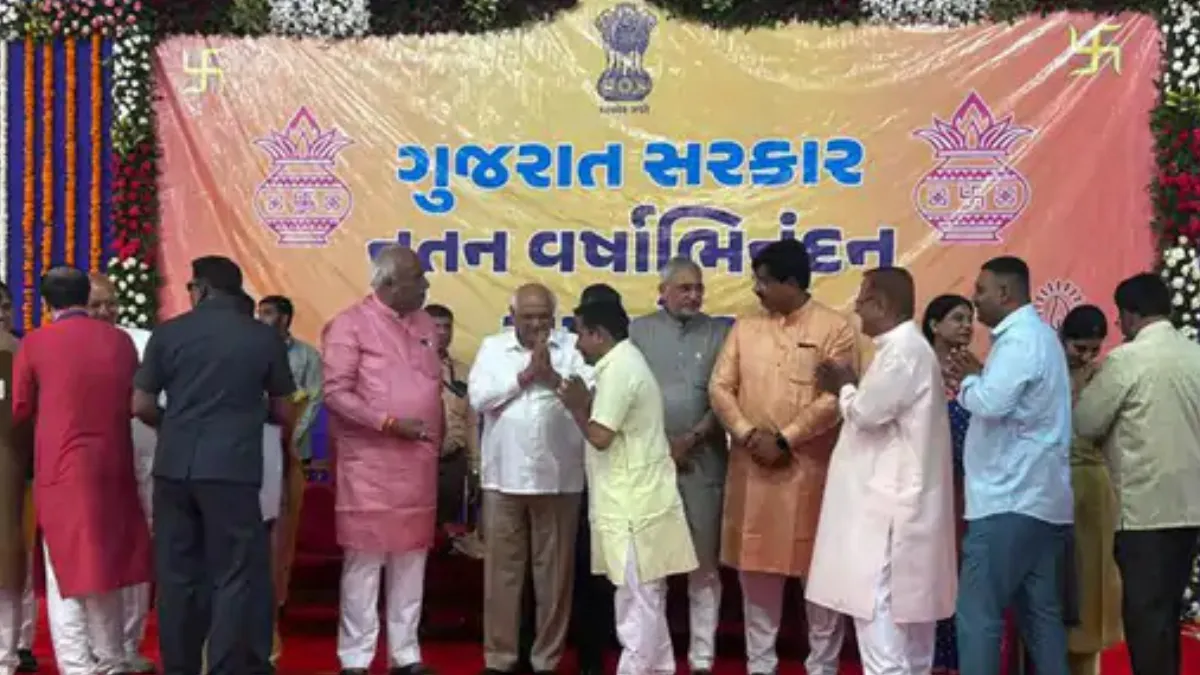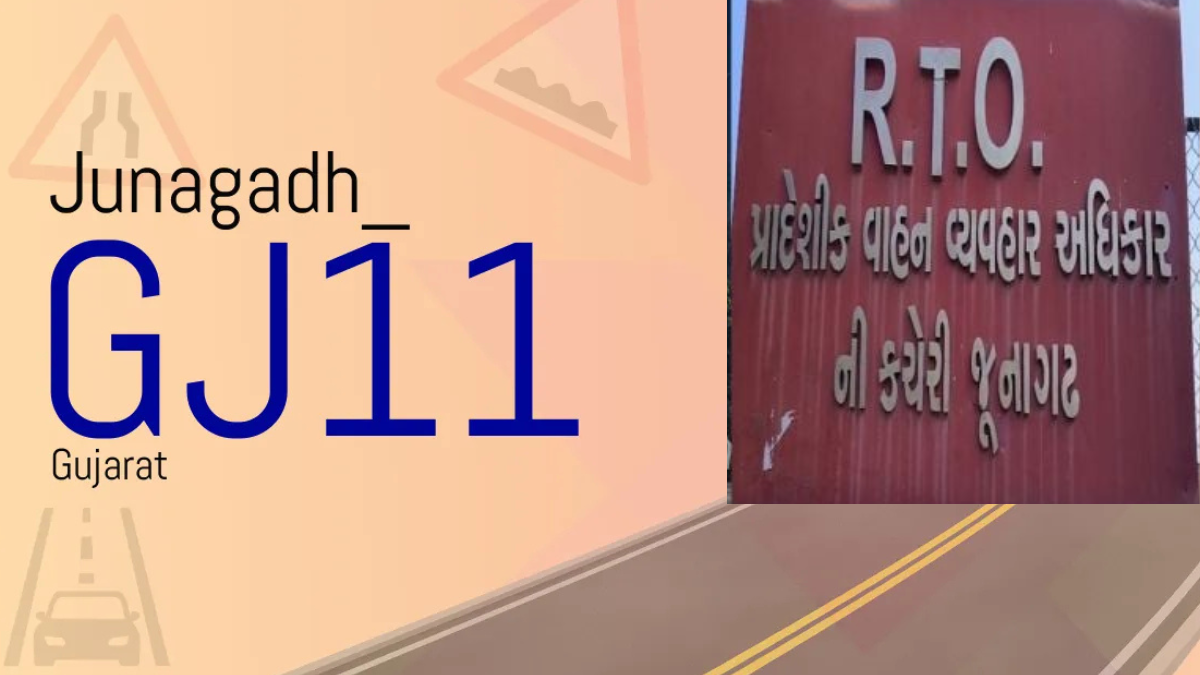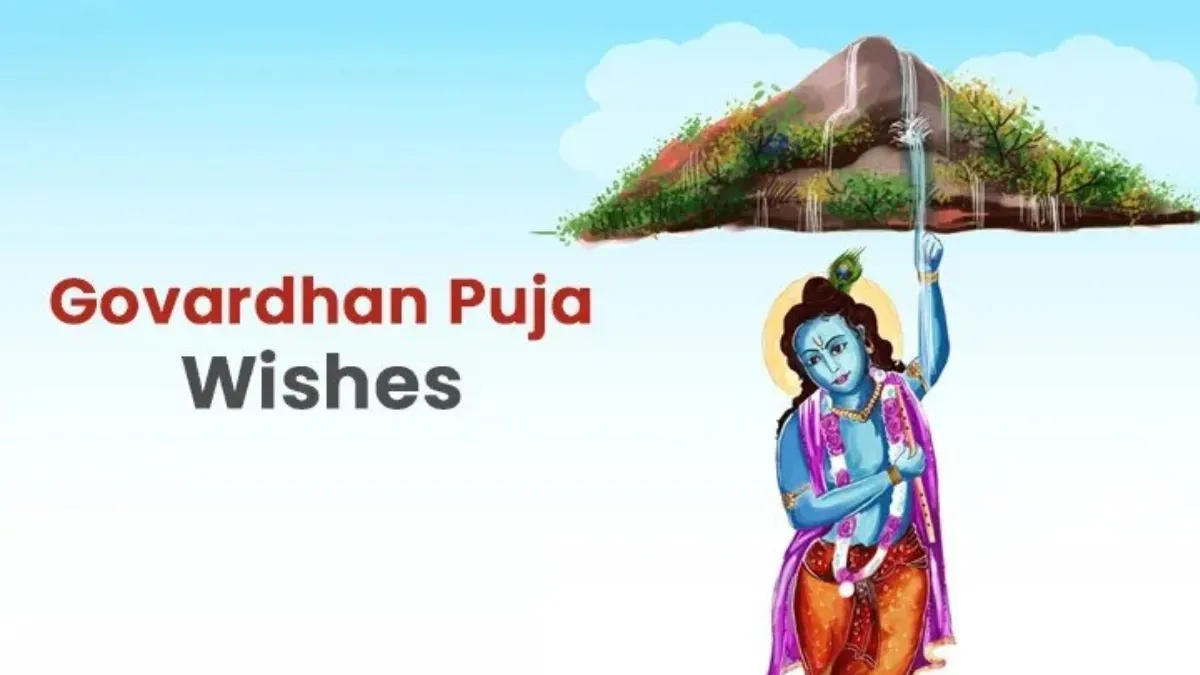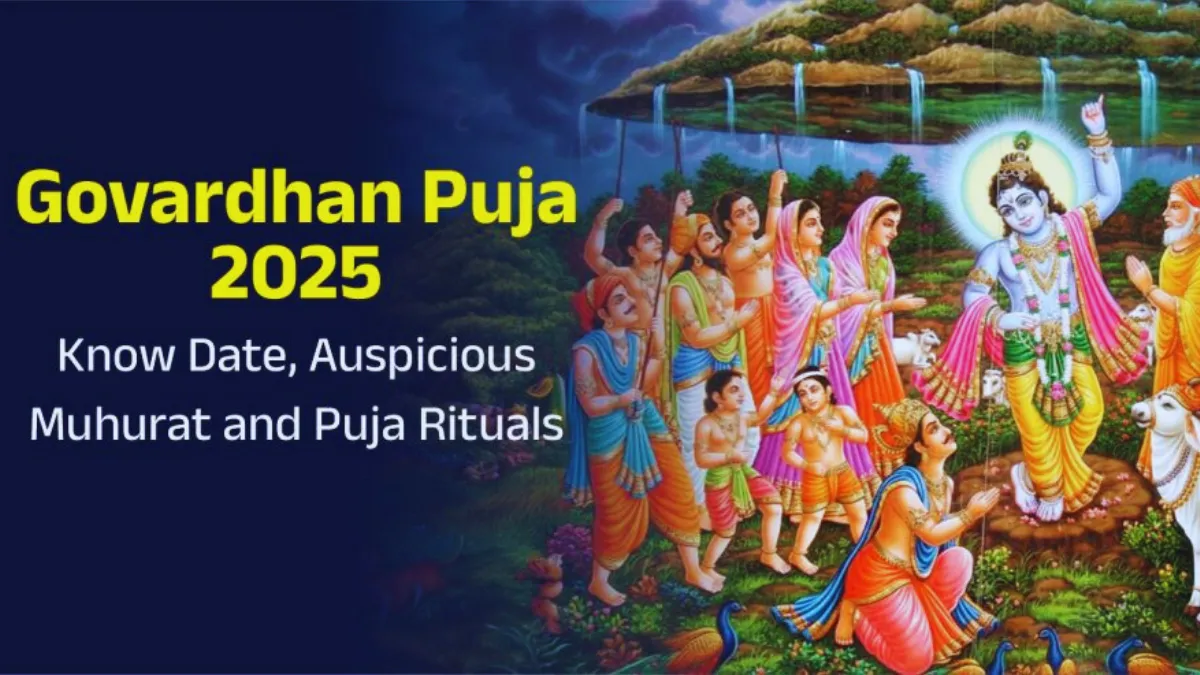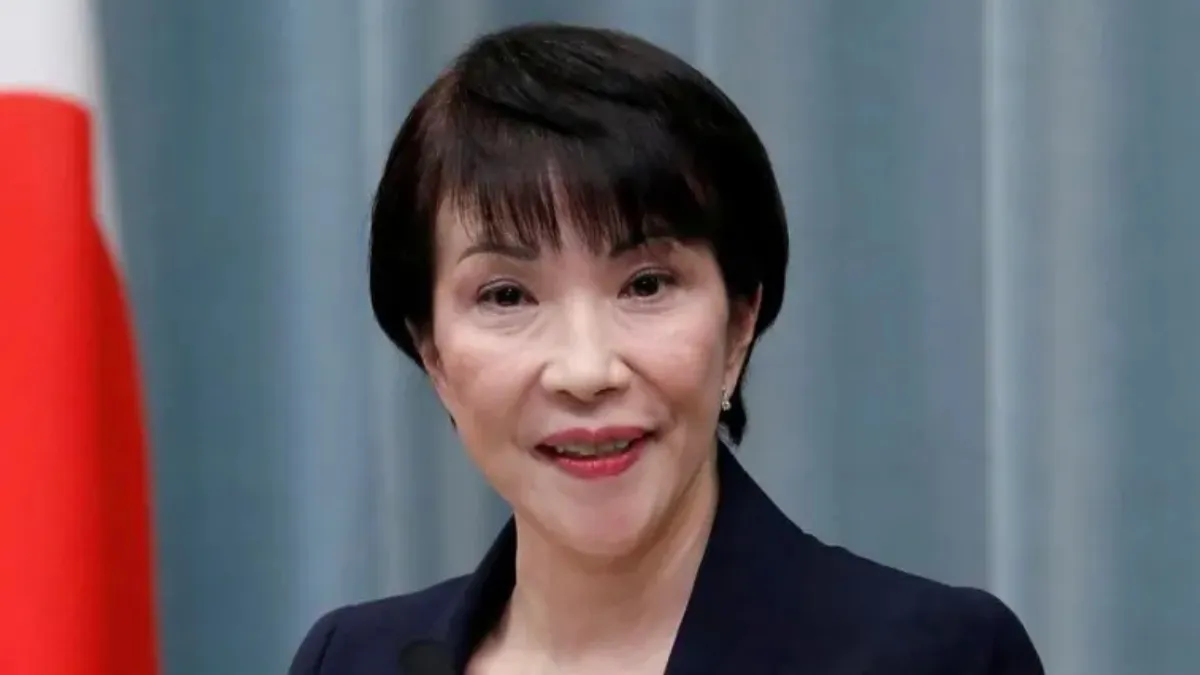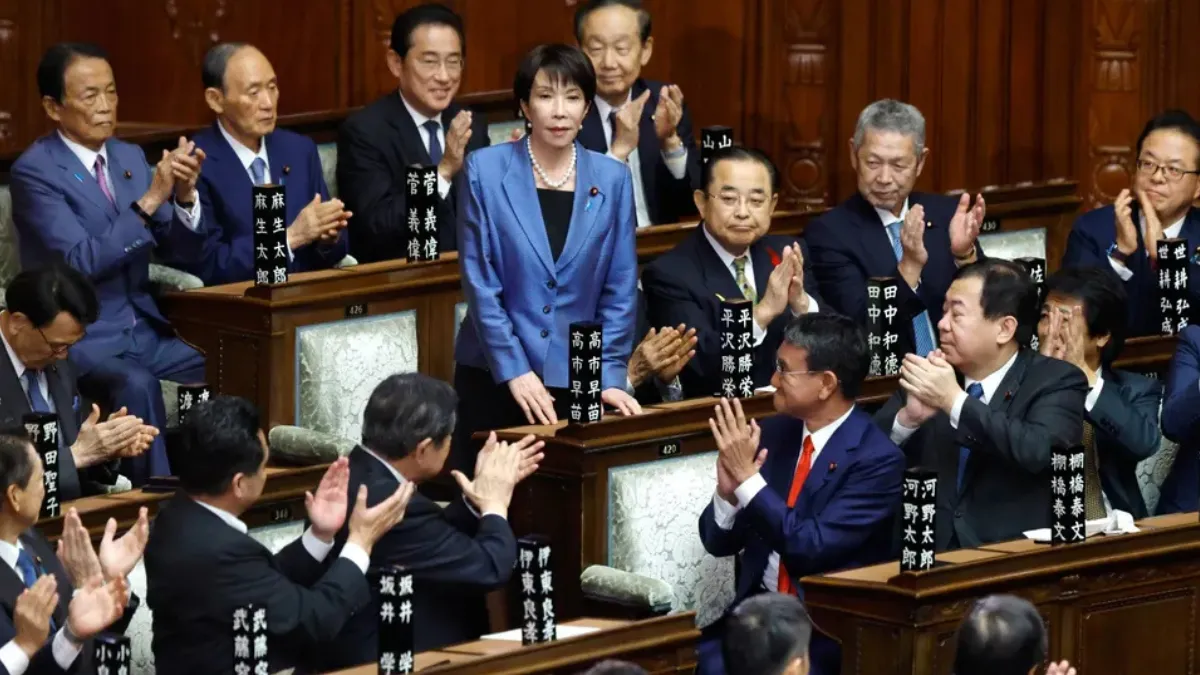A New Chapter in India-UK Relations
In a significant development that marks a turning point in India–United Kingdom relations, British Prime Minister Keir Starmer concluded his first official visit to India after assuming office. The two-day visit, which began on October 8, 2025, in Mumbai, witnessed a series of landmark agreements covering trade, defence, education, culture, and innovation.
The visit underlined the shared vision of both nations to build a partnership that is modern, mutually beneficial, and future-oriented. During the visit, Prime Minister Starmer and Prime Minister Narendra Modi held extensive talks focusing on deepening collaboration in trade, security, technology, and education.
#WATCH | Maharashtra: At the Global Fintech Fest at Jio World Centre in Mumbai, Prime Minister Narendra Modi says, "India wants to foster digital cooperation and digital partnerships globally through its digital innovations, and therefore, we are sharing both our experiences and… pic.twitter.com/AmNnwfMHGF
— ANI (@ANI) October 9, 2025
$468 Million Defence Deal: Strengthening Strategic Ties
One of the most notable outcomes of Keir Starmer’s India visit was the signing of a £350 million ($468 million) deal for the supply of lightweight multirole missiles to the Indian Army. These missiles, manufactured by Thales in Northern Ireland, are designed to strengthen India’s military capabilities.
According to the British government, this contract will secure around 700 jobs in the UK defence sector. The deal not only reinforces India’s defence preparedness but also opens the door for a broader complex weapons partnership between the two countries.
“This agreement is a reflection of our deepening defence cooperation with India,” said Starmer. “It’s about building long-term security partnerships that support stability in the Indo-Pacific region.”
Prime Minister Modi hailed the deal, calling it a “strategic milestone” that demonstrates mutual trust and cooperation in defence manufacturing and technology.
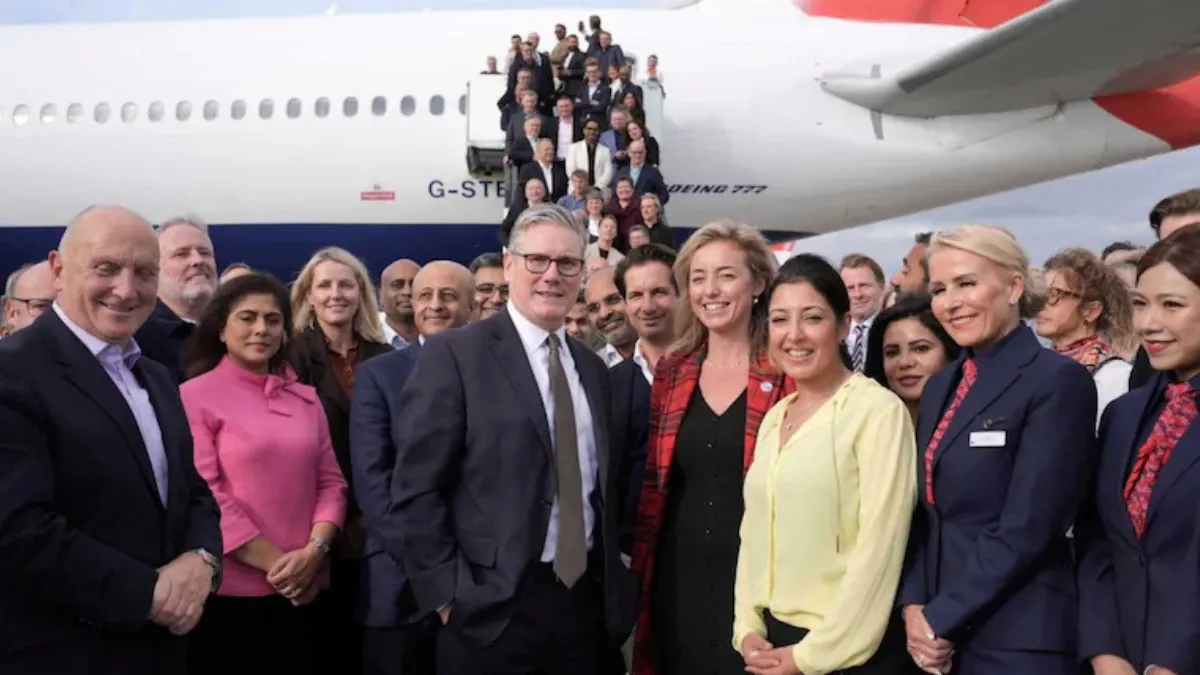
India–UK Comprehensive Economic Trade Agreement (CETA)
During the visit, both leaders reaffirmed their commitment to fully implement the Comprehensive Economic Trade Agreement (CETA), which was signed earlier in July 2025. The agreement aims to double bilateral trade from $56 billion to over $100 billion by 2030.
Addressing the India–UK CEO Forum, PM Modi said, “We have set a target of doubling our trade by 2030. The CETA will open new opportunities in technology, innovation, and finance.”
Keir Starmer emphasized a “hands-on approach” to ensuring the success of this trade pact. He said, “My government will work closely with industry leaders to ensure tangible outcomes from our trade and investment deals. The Free Trade Agreement (FTA) represents a once-in-a-generation opportunity to bring our economies closer.”
The CEO Forum also witnessed announcements of new contracts with Indian airlines and fresh investments by UK fintech companies Revolut and Tide, signalling renewed enthusiasm in bilateral trade.
Boost to Education: Nine UK Universities to Open Campuses in India
Education emerged as one of the strongest pillars of the partnership. Prime Minister Modi announced that nine UK universities are set to open campuses across India, making the UK the country with the largest higher education presence in India.
“The Gurugram campus of Southampton University has already opened, and the first batch of students has enrolled,” Modi said proudly.
This educational collaboration is expected to enhance academic exchanges, research partnerships, and innovation-driven learning models between the two nations.
Keir Starmer, meeting Vice Chancellors from several UK universities at the Jio World Centre in Mumbai, said, “Education is the bridge that connects societies and builds shared futures. The expansion of UK campuses in India shows our belief in India’s young generation and its global potential.”
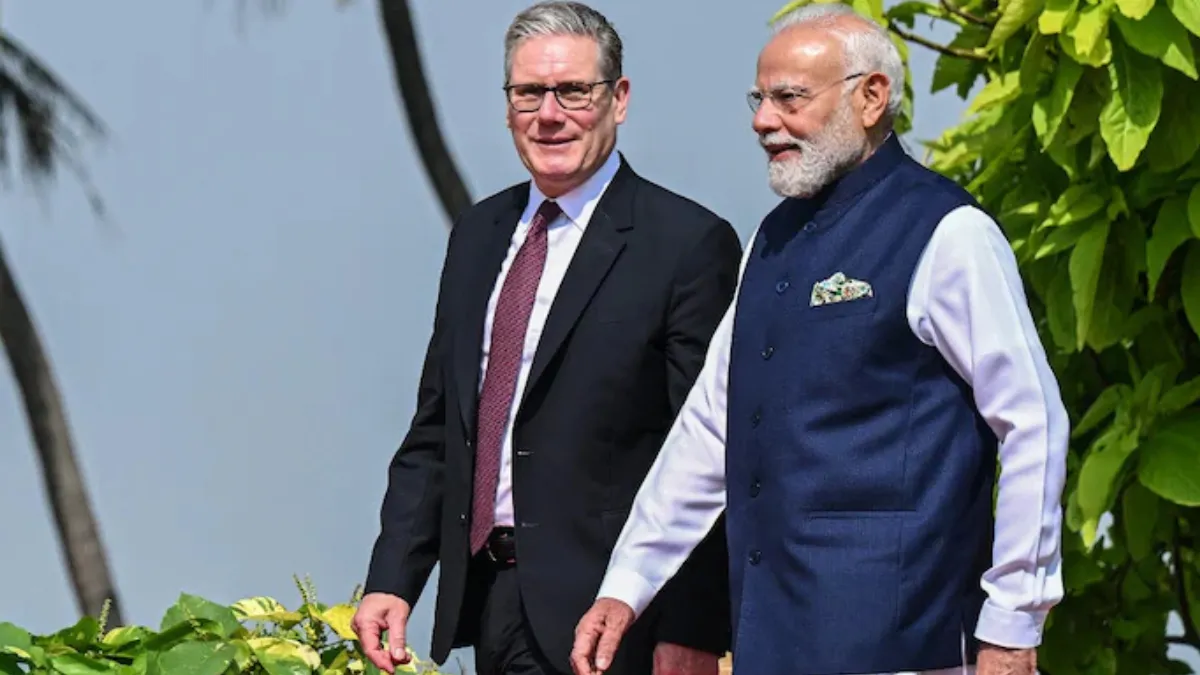
Cinema and Cultural Cooperation: A Bollywood–Britain Connection
Another highlight of Starmer’s India visit was a memorandum of understanding (MoU) signed between the British Film Institute (BFI) and India’s National Film Development Corporation (NFDC).
This pact aims to boost film co-productions, joint projects, and training programs between the two countries. The agreement was signed in the presence of BFI Governors Monica Chadha and Andrew Smith, both part of Starmer’s trade delegation.
Speaking about the collaboration, British Prime Minister Keir Starmer announced, “We are also launching a deal to make Bollywood films in the UK. This partnership will deepen cultural ties and showcase the creative strength of both nations.”
Premier League’s Grassroots Initiative in India
Starmer also praised the Premier League’s Community Coach Development Programme in Mumbai, which aims to train young football coaches and promote grassroots football in India.
“I’m hugely proud of our national sport — it brings communities together and changes lives,” Starmer said. “The Premier League’s programme in India is inspiring young talent and showing what British sport can contribute globally.”
This marks a major milestone in sports diplomacy, building on the UK’s soft power and India’s growing enthusiasm for football.
Technology, Fintech, and Nuclear Sector Expansion
In a forward-looking move, PM Modi announced the decision to open India’s nuclear power sector to private companies, including potential UK participation. “I invite you to join India on this development journey,” he told British investors.
He also highlighted India’s achievements in digital inclusion, saying, “In the past decade, India has achieved the democratisation of technology. We are now one of the most technologically inclusive societies in the world.”
Starmer’s delegation included leaders from the UK’s fintech and innovation sectors, many of whom announced plans to expand in India. The two countries agreed to enhance collaboration in digital payments, cyber security, and sustainable technologies.
Peace Plan in Gaza and India’s Role in Global Diplomacy
Beyond trade and technology, British Prime Minister Keir Starmer also addressed global issues such as the Gaza Peace Plan and the United Nations Security Council (UNSC) reforms.
“I strongly welcome the progress in the Gaza Peace Plan,” Starmer said. “This is a moment of profound relief. The UK will continue to support these steps, and we believe India should take its rightful place in the UNSC as a global leader.”
Starmer’s statement reflects growing British support for India’s permanent membership in the UN Security Council — a stance that further strengthens diplomatic cooperation between the two nations.
Also read: List of Nobel Prize Winners in India: Names, Fields, and Their Impact
Industry Guild and Supply Chain Cooperation
During the talks, PM Modi and Keir Starmer agreed to establish an Industry Guild and Supply Chain Observatory to promote collaboration on critical minerals and supply chain resilience.
They also confirmed a new agreement on military training cooperation, underlining the strategic trust and defence synergy between both sides.
PM Modi stated, “India and the UK have agreed to enhance maritime security cooperation in the Indo-Pacific region. Together, we can ensure peace and prosperity in this vital region.”
Cultural Diplomacy and Innovation: A Shared Future
Starmer’s visit was not limited to politics and economics. It carried a strong message of cultural collaboration, innovation, and people-to-people ties. His entourage included around 100 delegates, comprising entrepreneurs, artists, and education leaders.
From cultural diplomacy to film and sports, the visit demonstrated the UK’s intent to engage with India not just as a trade partner, but as an equal collaborator in shaping the future global order.
Also read: President Murmu to Visit Gir National Park: Safari Opens Early for Historic Occasion
“Unparalleled Opportunities Ahead,” Says British PM Keir Starmer
Speaking at an event in Mumbai, British Prime Minister Keir Starmer said, “The opportunities under the India–UK Free Trade Agreement are unparalleled and waiting to be seized. It’s the biggest deal we’ve struck since leaving the European Union — and one of the most significant in India’s history.”
He added, “We are building a modern partnership based on innovation, education, and shared democratic values. This is a new era of trust and opportunity.”
Starmer’s statement reflected the optimism surrounding the new trade and investment chapter, reinforcing the long-standing historical connection between the two nations, now transformed into a forward-looking economic alliance.
“There is a New Energy in India–UK Ties,” Says PM Modi
At the end of the visit, Prime Minister Modi summarized the essence of the new partnership: “The India–UK relationship is becoming a crucial foundation for global stability and economic progress. There is a new energy in our ties — one that is built on trust, technology, and trade.”
Both leaders reaffirmed their commitment to work together on climate change, green finance, renewable energy, and sustainable urban development — marking a holistic approach to 21st-century diplomacy.
Also read: Possible Meeting Between Modi and Trump in Malaysia Amid Trade Tensions
Conclusion: A Defining Visit in Global Diplomacy
Keir Starmer’s visit to India has laid the groundwork for a powerful and multifaceted partnership. From a $468 million missile deal to educational exchanges, fintech collaborations, and cultural projects, the visit captured the true essence of modern diplomacy — a blend of business, innovation, and mutual respect.
For both nations, this marks the beginning of a new strategic era — one where India and the UK are not just historical partners but global co-creators of progress and peace.
The visit showcased how British Prime Minister Keir Starmer and Prime Minister Narendra Modi are steering their countries toward a relationship that embraces shared values, innovation, and the spirit of global cooperation.
